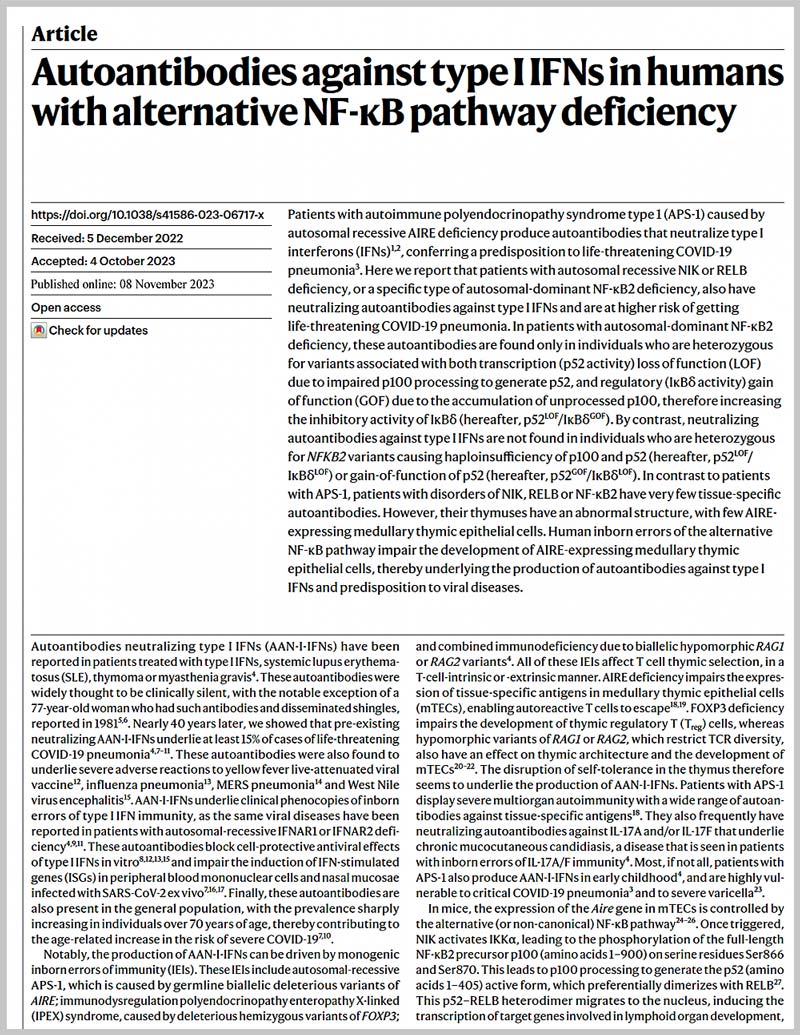- Follow Us
CDI Labs Services for
Genetic Disease
HuProt accelerates the understanding of autoantibody profiling for genetic disease.
REQUEST INFOHuProt for Genetic Disease Research
While many genetic conditions are not explicitly thought of as immunologic disorders, it is impossible to separate the immune system from the rest of the human body. Due to the inherently interconnected nature of living systems, even a simple perturbation in the function of most any cell type or metabolic process is likely to have complex cascading effects that ripple and alter the behavior of other bodily systems. The adaptive immune system in particular, representing approximating half of all nucleated cells in the human body, has behavior that is particularly sensitive to genetic dysregulation. These effects can create over-active immunity with increased rates of autoimmune and inflammatory disease, or under-active immunity that makes the affected patients more susceptible to infection.
Genetic impacts can be felt in immune cells directly, with mutations in immune-expressed genes resulting in altered metabolism and responses to immune signaling pathways. Alternatively, genetic defects can primarily alter the behavior of other somatic cells, altered behavior that can disrupt how those tissues are able to successfully recruit inflammation or prevent autoimmunity.
In the featured publication below, HuProt™ microarray was used in a study that detected 365 auto-antibodies in the plasma of individuals with Down's syndrome, which targeted the gastrointestinal tract, the pancreas, the thyroid, the central nervous system, and the immune system itself. The paper describes an autoimmunity-prone state in Down’s syndrome, in which a steady-state cytokinopathy, hyperactivated CD4 T cells and ongoing B cell activation all contribute to a breach in immune tolerance.
Autoantibodies against type I IFNs in humans with alternative NF-κB pathway deficiency
Abstract
Patients with autoimmune polyendocrinopathy syndrome type 1 (APS-1) caused by autosomal recessive AIRE deficiency produce autoantibodies that neutralize type I interferons (IFNs), conferring a predisposition to life-threatening COVID-19 pneumonia. Here we report that patients with autosomal recessive NIK or RELB deficiency, or a specific type of autosomal-dominant NF-κB2 deficiency, also have neutralizing autoantibodies against type I IFNs and are at higher risk of getting life-threatening COVID-19 pneumonia.
VIEW PAPER
